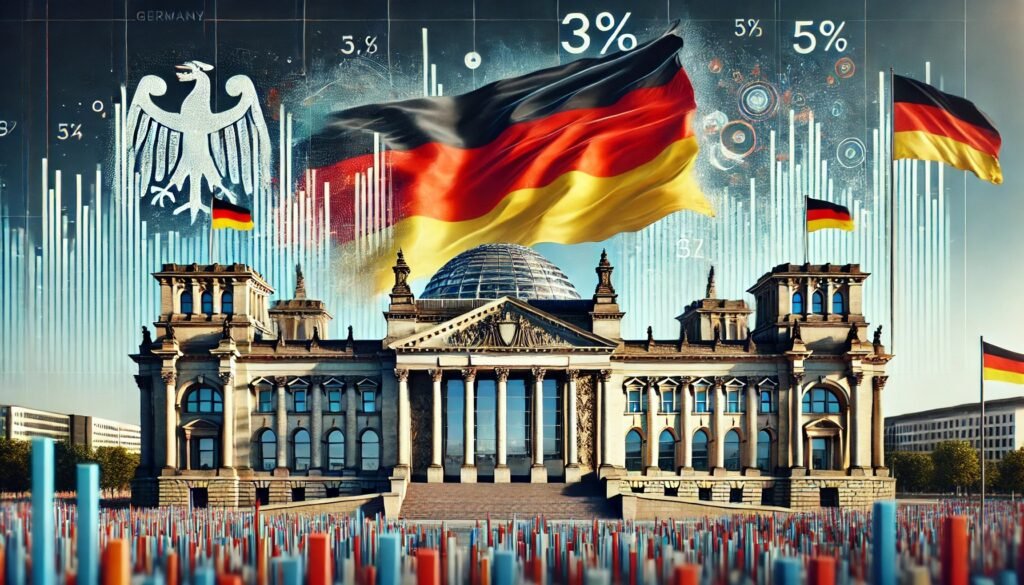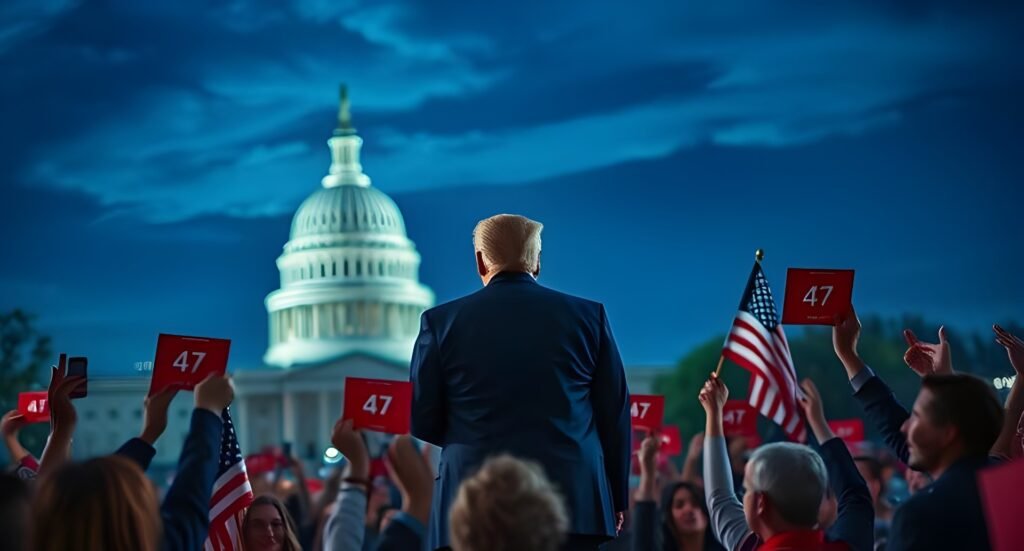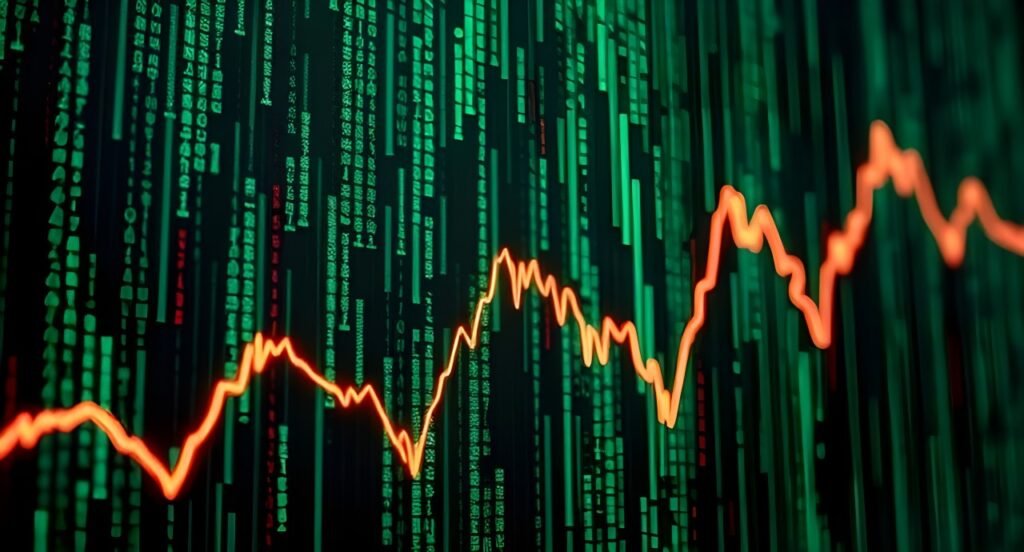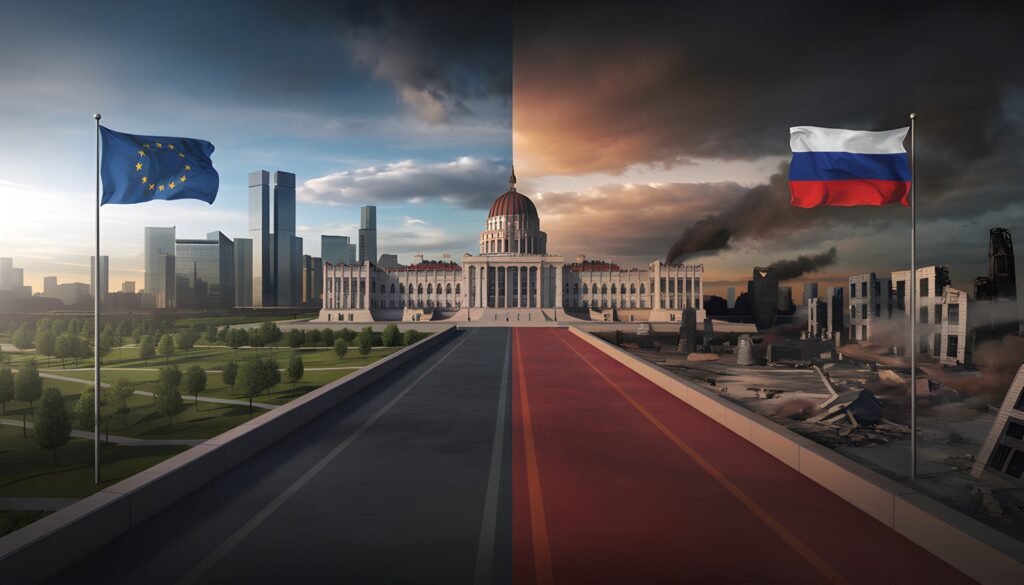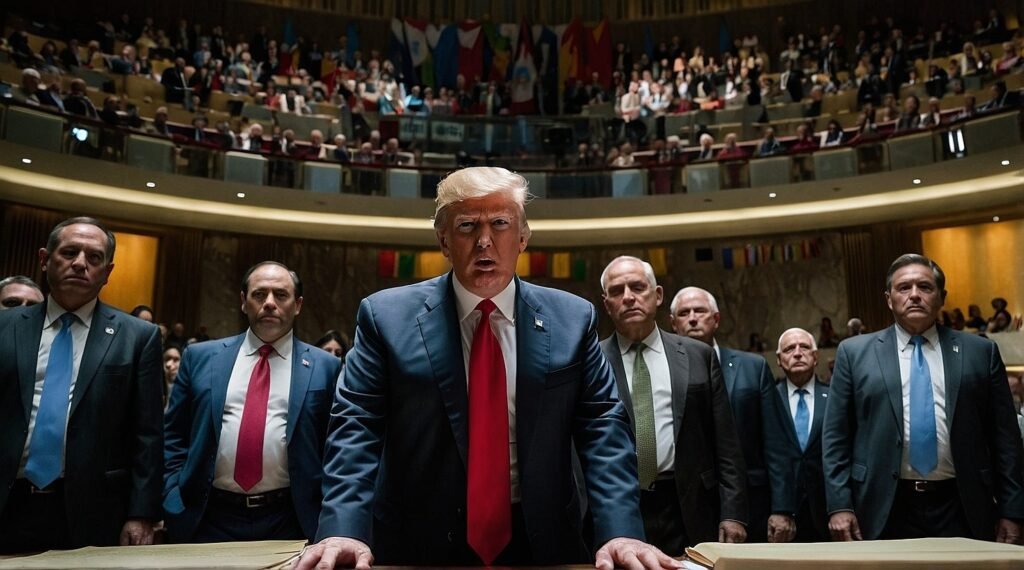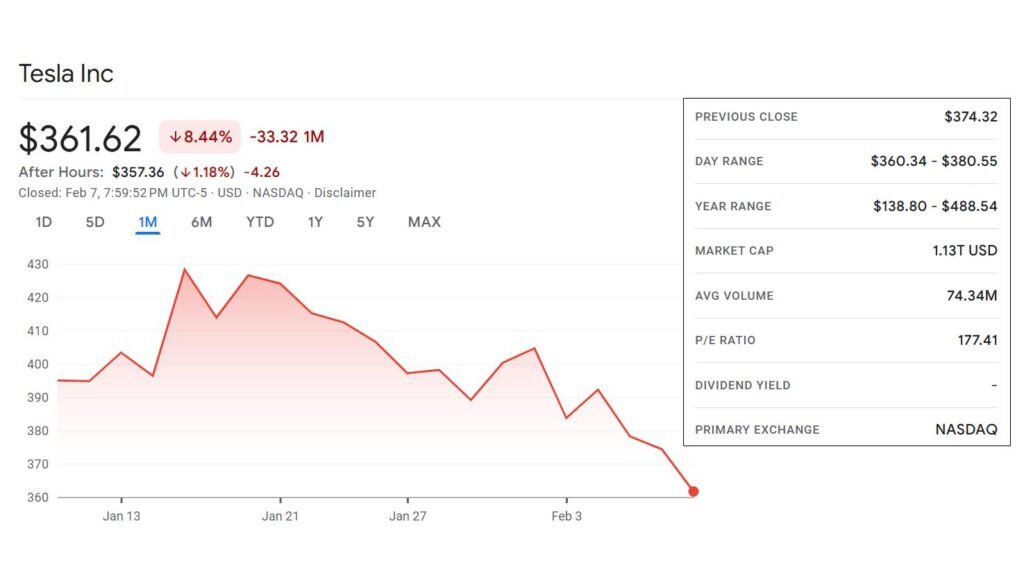|
Getting your Trinity Audio player ready...
|
The political landscape in Germany is undergoing significant upheaval as the country heads toward its 2025 federal elections. Recent polls indicate a worrying shift in voter sentiment, with the center-right Christian Democratic Union (CDU) facing a decline, while the far-right Alternative for Germany (AfD) continues to make inroads despite recent political setbacks. The developments have sparked nationwide debates on the future of Germany’s democracy, the rise of populist sentiments, and the ability of mainstream parties to maintain control.
Germany Election Polls 2025
Recent polling data ahead of Germany’s February 23, 2025, federal election indicates notable shifts in voter preferences:
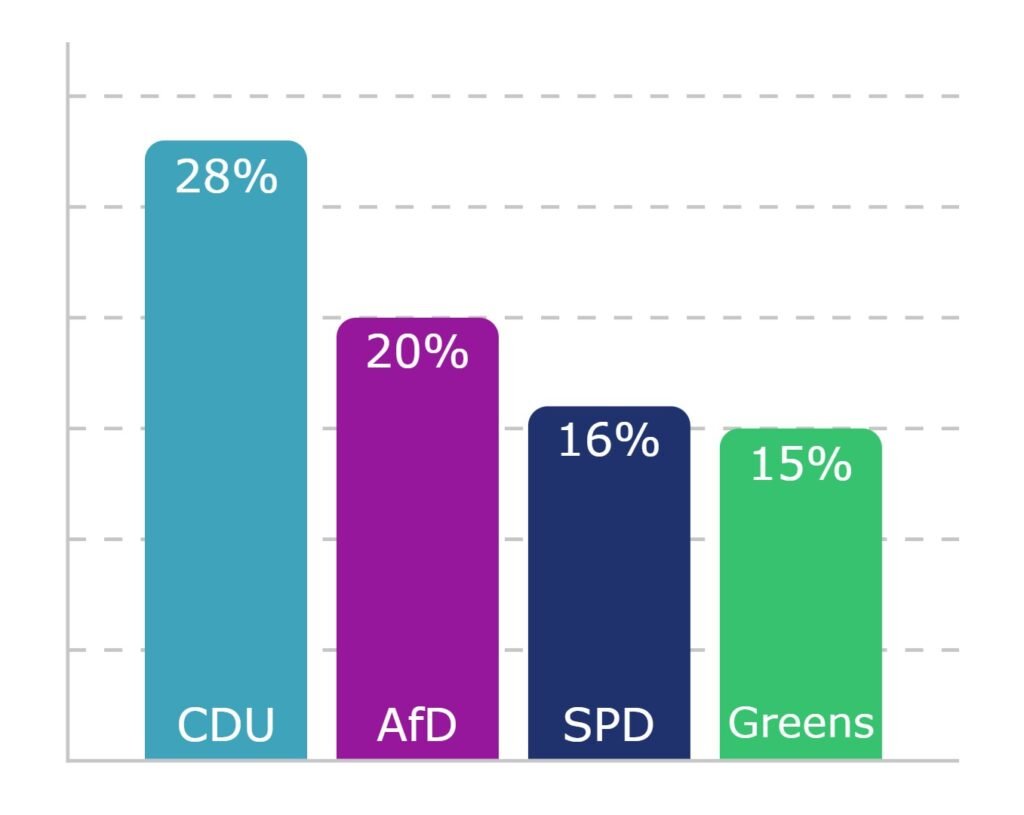
- CDU/CSU: The center-right alliance has experienced a decline, dropping two percentage points to 28%. This decrease follows CDU leader Friedrich Merz’s controversial collaboration with the far-right Alternative for Germany (AfD) to pass a non-binding resolution on border policy.
- AfD: The far-right party remains steady at 20%, maintaining its position as the second most popular party.
- Social Democrats (SPD): Chancellor Olaf Scholz’s party holds at 16%, showing no significant change in support.
- Greens: The environmentalist party has seen a slight uptick, gaining one point to reach 15%.
CDU’s Declining Support Amid AfD Controversy
Recent polling data from Politico and Financial Times suggests that CDU leader Friedrich Merz is struggling to maintain his party’s voter base, with support dipping below expected levels. The CDU’s recent decision to align with AfD members in a local vote in Thuringia has led to a severe backlash, further damaging its credibility. The alliance broke a long-standing political taboo against cooperation with the far-right, leading to internal party divisions and external criticism from democratic institutions across Europe.
Chancellor Olaf Scholz’s Social Democratic Party (SPD) has attempted to capitalize on the controversy, though polling data indicates that the party remains relatively stagnant. The Greens and the Free Democratic Party (FDP), both coalition partners in Scholz’s government, are also struggling to regain momentum amid voter dissatisfaction with the administration’s economic policies and handling of immigration.
Germany’s Political Landscape: The Rise of AfD Despite Institutional Opposition
Despite efforts to sideline the AfD, the party continues to gain traction among certain segments of the electorate. A Deutsche Welle report indicates that the AfD’s nationalist rhetoric and anti-immigration policies are resonating with disillusioned voters who feel ignored by the political establishment. The party’s success has triggered warnings from domestic and European leaders about the potential erosion of democratic norms.
However, the German government has taken unprecedented measures to curb the AfD’s influence. The Federal Office for the Protection of the Constitution (BfV) has increased scrutiny of the party’s ties to extremist networks, and a growing movement within civil society is calling for stronger legal actions against AfD-affiliated figures. The recent arrest of an AfD-linked politician over alleged connections to radical groups has further intensified the debate over the party’s legitimacy.
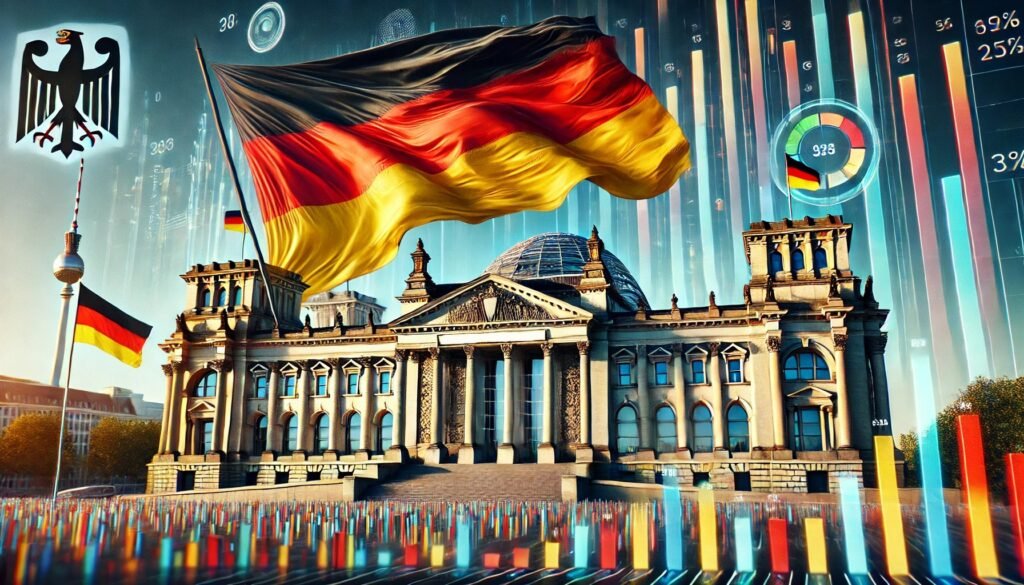
Germany’s Strategic and Economic Uncertainty
Beyond the immediate electoral implications, Germany’s shifting political climate poses broader risks to its economy and international standing. Business leaders have expressed concerns over potential instability, warning that growing polarization could undermine investor confidence. The ongoing energy transition and economic slowdown have already placed strain on industries, and a fractured political landscape could exacerbate these challenges.
Furthermore, Germany’s role within the European Union could be significantly impacted by the election results. A stronger far-right presence in the Bundestag may embolden Euroskeptic policies, challenging Germany’s commitments to EU integration and multilateral cooperation.
What Comes Next?
As Germany heads toward its 2025 election, the stakes have never been higher. The future of the CDU, the resilience of the current coalition government, and the trajectory of the far-right will all determine the country’s political and economic course for years to come. Will mainstream parties succeed in regaining voter trust, or will populist movements continue to reshape the nation’s democratic fabric?
We will continue to monitor and analyze this critical moment in Germany’s political history. Stay with us for daily updates and in-depth coverage. What are your thoughts on Germany’s political future? Leave a comment below and join the conversation.

